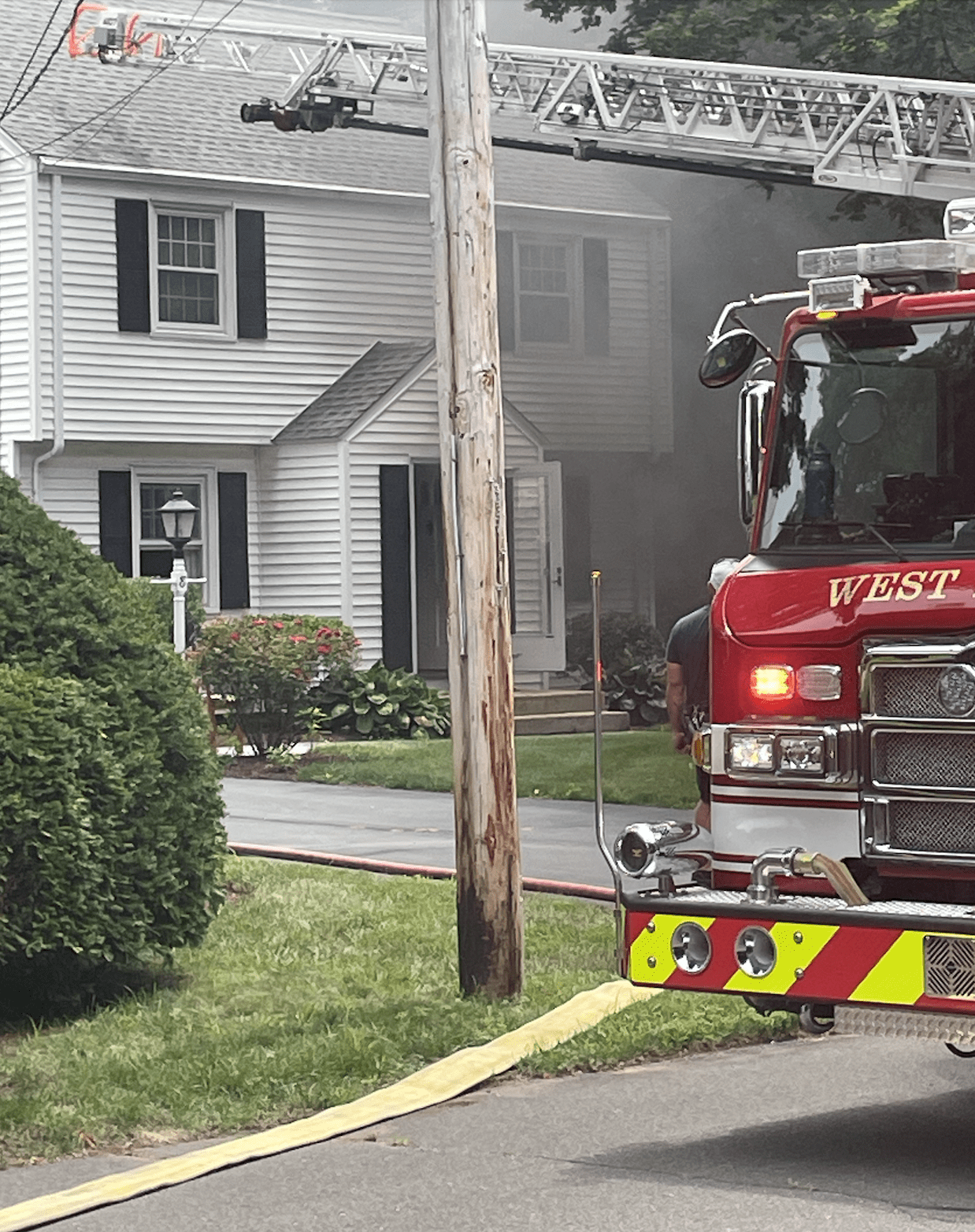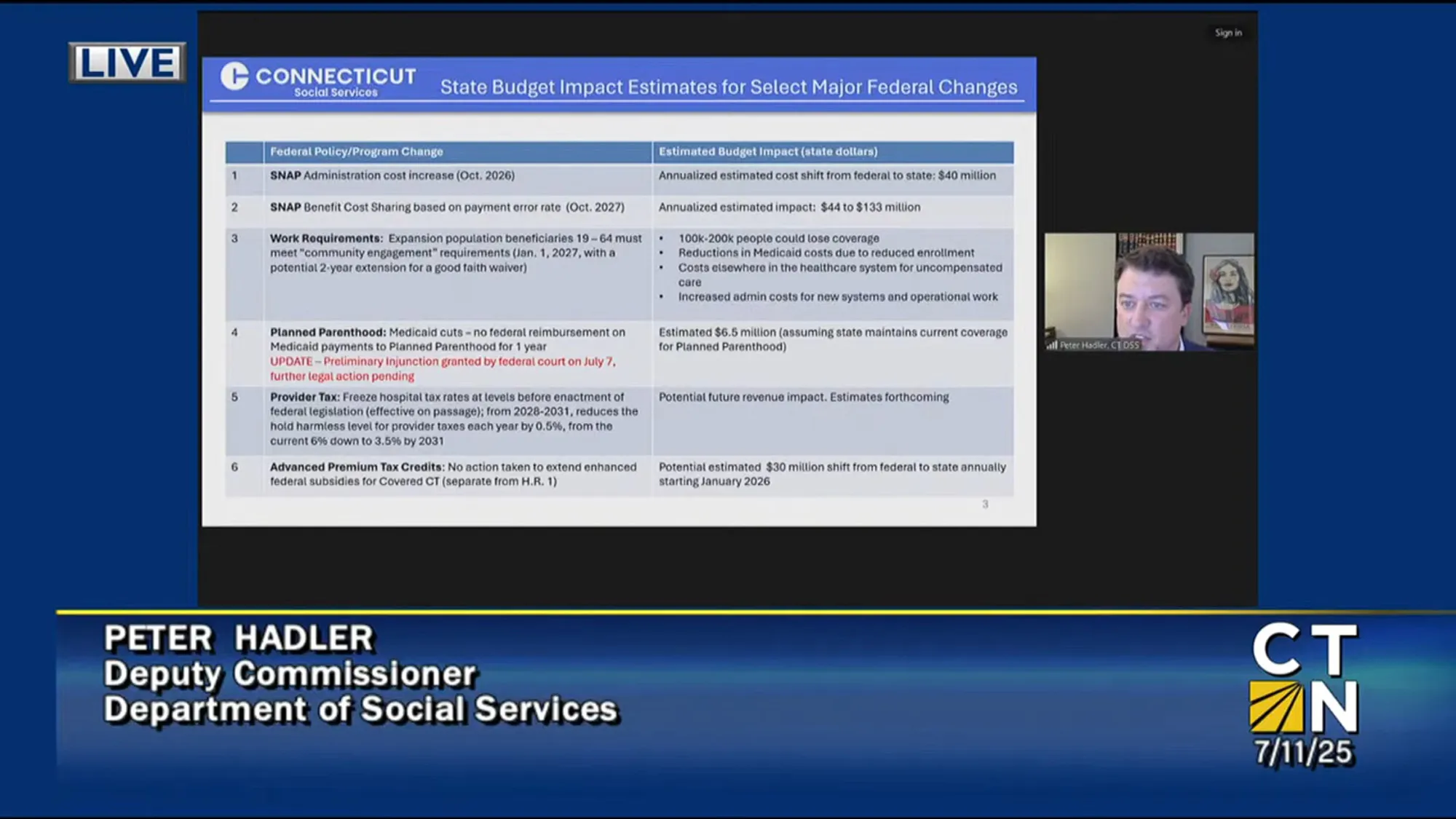Letter: Maternal Health Needs More Than Thoughts and Prayers, It’s Time to Take Action on SB 986

Audio By Carbonatix

We-Ha.com welcomes Letters to the Editor from the public, including endorsements. Letters submitted by political candidates will be considered for publication up to 14 days prior to an election and most will be published within 48 hours of receipt. Letters that contain personal attacks or include profanity of any type will not be published. Rebuttals to letters should be submitted as a separate document, and commenting on letters will no longer be permitted. Please provide your full name and town, as well as your phone number at the end of the letter. Phone numbers will not be published but are required in case verification is needed. Please submit letters to [email protected].
Dear Editor:
Having a baby is an exciting and joyful time in a person’s life. Birthing people and their families should be able to spend their time and energy preparing their homes and lives for a new person. That’s exactly what April Valentine, a 31-year-old healthy Black woman from California, was doing when she chose a Black doctor and a doula to attend her birth in January. She felt safe and prepared. She was a low risk patient. Then she died the day after giving birth to her daughter on January 9, 2023 from medical neglect.
The risks of birthing in America are staggering. In 2021, the CDC reported the maternal mortality rate was at its highest level since 1964. With all the medical advancements we have to offer in America, why are women dying when they bring life into the world?
Since 2018, maternal mortality rates have been rising. Across all ages and races, we have seen an increase in the number of women dying during birth or from birth-related complications. Outcomes for women of color are the worst. Since 2015, women of color have made up 49% of births, but 63% of pregnancy-related deaths. Women like April are at the greatest risk for unnecessary interventions, infection, surgical births, and infant death. Being Black in the American healthcare system is terrifying. But, being Black and pregnant is life and death. Structural racism and implicit biases in the healthcare system are failing these women and their babies.
Maternal health in America has been on a steady decline for decades, but is just getting attention now. Without policies designed to protect and sustain quality care for women, they will continue to be impacted by deadly negative outcomes. Unfortunately, they are not the only ones who will suffer. Babies of mothers who are struggling with their physical and mental health show a high risk for developmental delays and risk of failure to thrive. Mothers, who are often the center of the family system, need the support of social policies that promote their well-being. Although there are some provisional supports in place, passing legislation that further develops policies around healthy safe birth practices, supportive programming for new mothers, and checks and balances to be sure that when things go wrong, they are reviewed, are key.
We, as a community, need to act swiftly to improve these outcomes and prioritize the well-being of women. Senate Bill 986, An Act Protecting Maternal Health, has recently been up for review by Gov. Lamont. This bill, which has been amended over time, is being expanded to further ensure that women are protected during their birth and postpartum.
Provisions of the bill include: the expansion of access to birth centers as an option for mothers, increases in doula certification training, the implementation of a maternal mortality review board, and the development of a statewide nurse-home visit program for new mothers. These programs will cast a wider net of preventative programming and supportive measures for new mothers. They will also create a system of checks and balances, where outcomes are reviewed at the state level when maternal deaths occur. Birth centers provide women with low-risk pregnancies the option to have more personal care in an environment designed to support the natural processes of birth. This option allows low-risk moms and babies to decrease their risk of a cascade of medical interventions, decrease their risk of infection and can go home sooner. Additionally, birth centers are also often less expensive than traditional hospital birth, aiding in the family’s financial well-being.
This act acknowledges the health disparities women, and more specifically, women of color, have faced in their birthing experiences. By dedicating our time and resources to supporting the best health outcomes for women and babies, we will promote health equity and establish a social stance that women and babies are worth our time and effort. By regulating the safe and appropriate use of birth centers and labor support persons, the state of Connecticut can promote the long-term success of women.
We are in a maternal mortality crisis in America. If we do not take swift action, we will continue to lose precious lives like April Valentine’s and promote biases in our community. We recently celebrated Black Maternal Health Week in America, which runs from April 11-17. We must do more than simply discuss this national crisis. We need to act with the power of our votes and call our legislators to pass SB 986 to improve medical outcomes for Women and babies.
Nicole Foster
West Hartford



